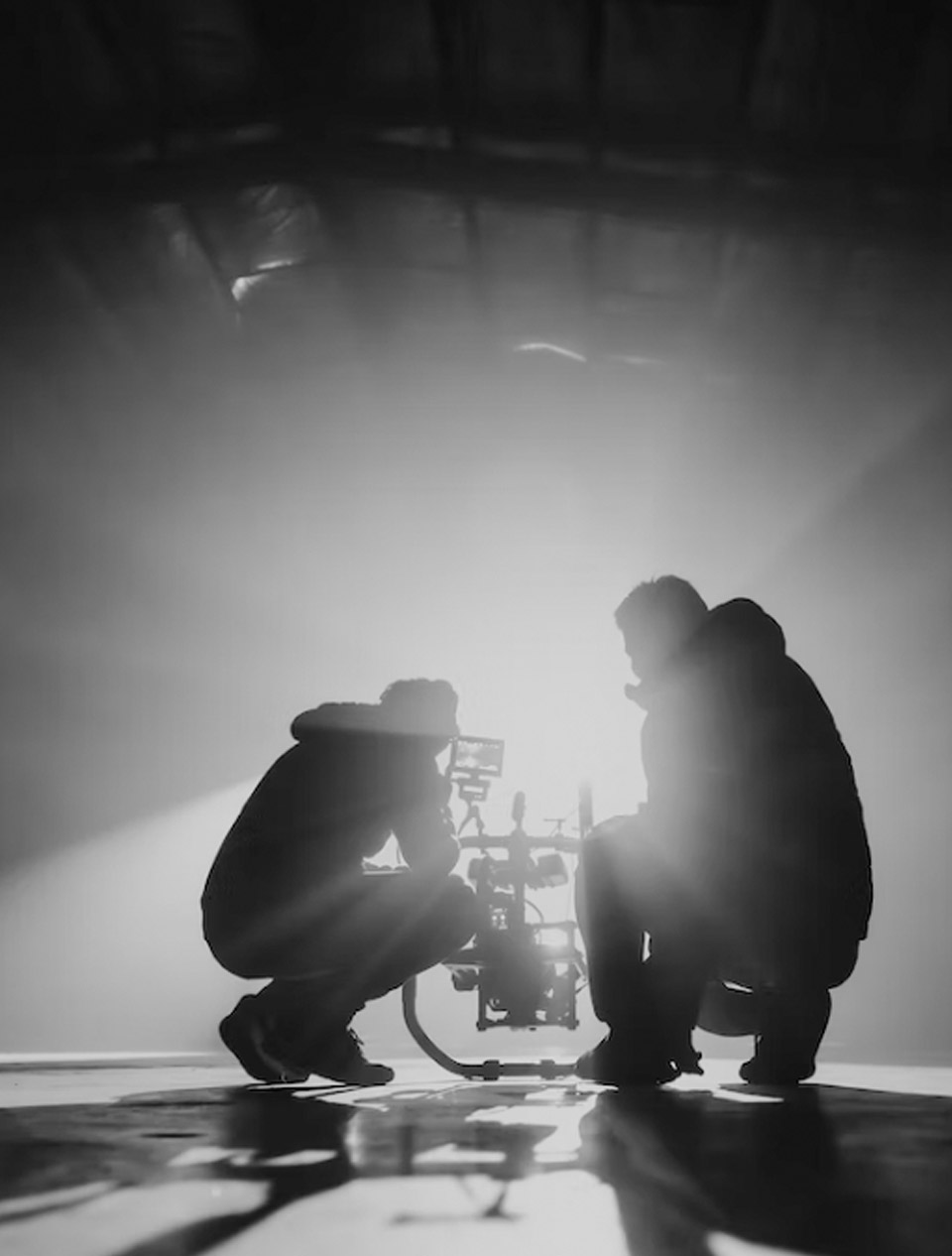
An INP Media Guide to Filming Budgets
Introduction to budgets
Filming budgets are a crucial aspect of the filmmaking process. Whether you are producing a small corporate film or a big-budget commercial, understanding and managing your budget is essential to the success of your project.
In this blog, we will explore the different factors that go into determining a filming budget and provide some tips for managing your budget effectively.
Firstly, it’s important to understand that the cost of making a film can vary greatly depending on a variety of factors such as:
- Script: The script or story is the foundation of any film production, and it can have a significant impact on the budget. A script with lots of locations or scenes will be more expensive to produce than a simple, dialogue-driven story.
- Crew: The size and experience of your crew will also impact your budget. Crew members with lots of experience will generally be more expensive than hiring a young start up film maker, but the knowledge and experience can often be invaluable. In some instances it is possible to have a single camera operator to film, the entire production, but more often than not there is more valuable in having additional crew members. Extra crew could include a director, sound recordist or an assistant on a shoot which will ensure you can get the most out of your production. You may also need more specialist crew depending on your production such as a drone pilot or a lighting technician which will all add to the costs.
- Locations: The locations you choose to film at can also have a big impact on your budget. Renting a soundstage or building elaborate sets can be very expensive, while filming on location can be more cost-effective, although you will have to allow travel time into your considerations.
- Equipment: Filmmaking requires a lot of specialized equipment, from cameras and lenses to lighting and sound equipment. The cost of hiring this equipment can add up quickly.
- Post-Production: After filming is complete, there are still costs associated with the editing of the footage shot. These costs can be significant, especially for films with lots of cameras, graphics or a complex sound design.
Once you have a sense of the factors that will impact your budget, you can start to plan and manage your expenses. Here are some tips for doing so effectively:
- Create a Detailed Budget: To effectively manage your expenses, you need to create a detailed budget that outlines all of your expected costs. Make sure to include all of the factors listed above and leave some room for unexpected expenses.
- Be Realistic: When creating your budget, be realistic about what you can afford. Don’t try to make a big-budget film on a shoestring budget, as this will only lead to problems down the line. Often less is more with filming, and trying to do too much in a single day will significantly impact the quality of your film.
- Stay Organized: As you begin the film production, make sure to stay organized and keep track of all of your expenses. Use a spreadsheet or other tool to track your spending and make adjustments to your budget as needed.
In conclusion, filming budgets are a critical part of the filmmaking process. Using a production company such as ourselves means we can provide you with a detailed quote up front which covers all of the associated filming costs. With our in-depth knowledge and understanding of filming we are also able to provide you with our experience and ensure you have the right crew and kit for your production.
By understanding the factors that go into determining your budget and managing your expenses effectively, you can create a successful film that meets your creative vision while also staying within your budget.